How Many Audi Quattros Were Made

The Audi Quattro holds a special place in automotive history as one of the most iconic and influential vehicles of its time.
It revolutionized the world of rallying and introduced the concept of all-wheel drive to the mass market.
The rarity of Audi Quattro models can provide valuable insights into their historical significance and desirability among car enthusiasts.
Table of Contents

The history of the Audi Quattro traces back to its introduction in 1980 as a road-going version of the highly successful rally car.
Over the years, it has undergone several generations of development, each bringing enhancements in technology, performance, and design.
The production of Audi Quattro models can be categorized into three main generations.
The first generation, produced from 1980 to 1991, laid the foundation for the Quattro’s success with its powerful five-cylinder engine and groundbreaking all-wheel drive system.
The second generation, manufactured from 1994 to 1996, reintroduced the Quattro name after a brief hiatus. It featured updated styling and improvements in performance, building upon the reputation established by its predecessor.
The third generation, produced from 2010 to 2021, showcased Audi’s commitment to innovation and technological advancement. It introduced modern design elements, advanced driver-assistance systems, and a range of powerful engines to meet the evolving demands of the automotive industry.
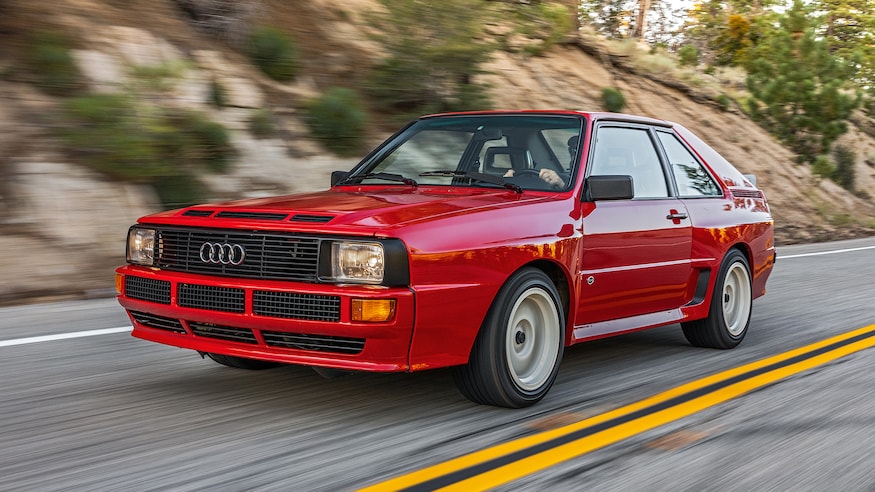
An exact count of how many Audi Quattros were made throughout history can be challenging to determine, as production numbers vary by model, year, and market.
Estimates suggest that several thousand units were produced during each generation, with certain limited editions and performance models being particularly rare.
The rarity of specific Audi Quattro models adds to their appeal and collectibility among enthusiasts.
Limited edition models, produced in limited quantities to commemorate special events or anniversaries, often become highly sought-after by collectors.
Several factors influence the number of Audi Quattros produced, including market demand and sales figures.
History of Audi Quattro

The history of Audi Quattro dates back to its introduction in 1980. This innovative car was a game-changer in the automotive industry, being the first mass-produced vehicle to feature permanent all-wheel drive.
This groundbreaking development revolutionized both handling and performance.
Originally inspired by Audi’s rally ambitions, the Quattro quickly proved itself on the racing circuit.
Its superior traction and exceptional handling capabilities made it a dominant force in the World Rally Championship.
The incredible success of the Quattro translated into widespread popularity among car enthusiasts and the general public, turning it into an iconic symbol of its time.
Throughout the years, the Quattro underwent significant advancements. The integration of cutting-edge technologies such as turbocharging and advanced suspension systems elevated its performance capabilities to new heights.
Even today, Audi continues to produce Quattro models with all-wheel drive, showcasing their commitment to this enduring innovation.
Audi Quattro Models

First Generation
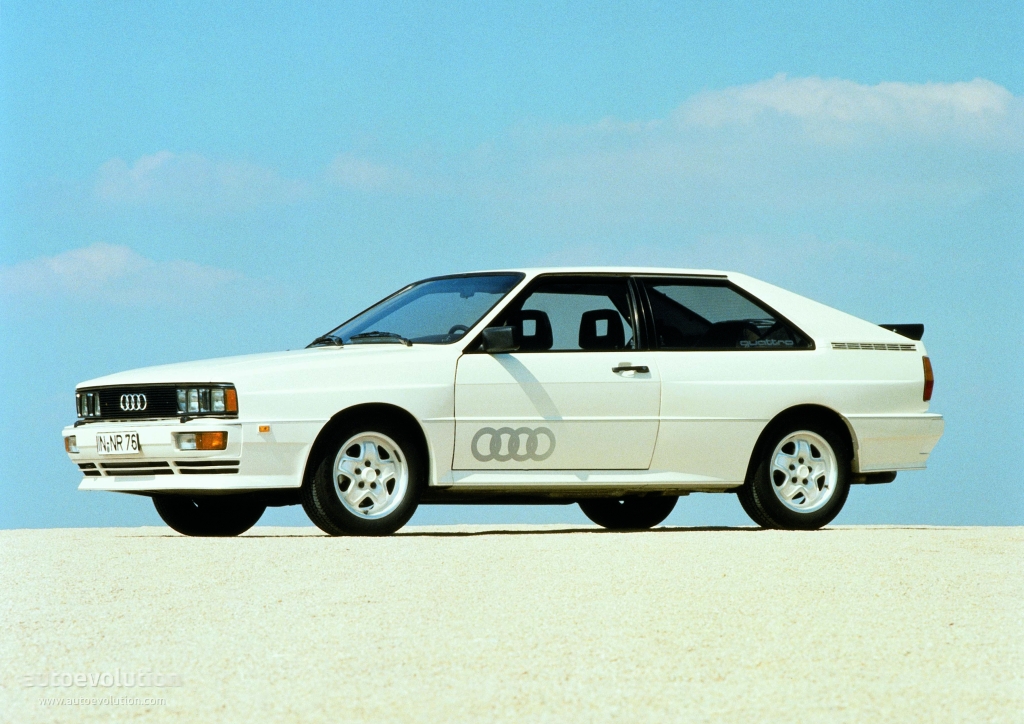
The first generation of Audi Quattro consisted of three models: the Quattro Coupe, the Sport Quattro, and the Ur-Quattro.
Produced from 1980 to 1991, the Quattro Coupe was a remarkable vehicle with a total production of 11,452 units.
It boasted a 2.1-liter inline-five engine and gained fame for its iconic design and exceptional performance.
In 1984, Audi introduced the Sport Quattro, which was an even more powerful and lighter version of the Quattro Coupe.
With only 214 units manufactured, it became a highly sought-after model amongst car enthusiasts due to its rarity.
The Ur-Quattro, also referred to as the original Quattro, marked the inception of the Quattro all-wheel drive system.
It shared the same production numbers as the Quattro Coupe and was in production from 1980 to 1991.
Second Generation
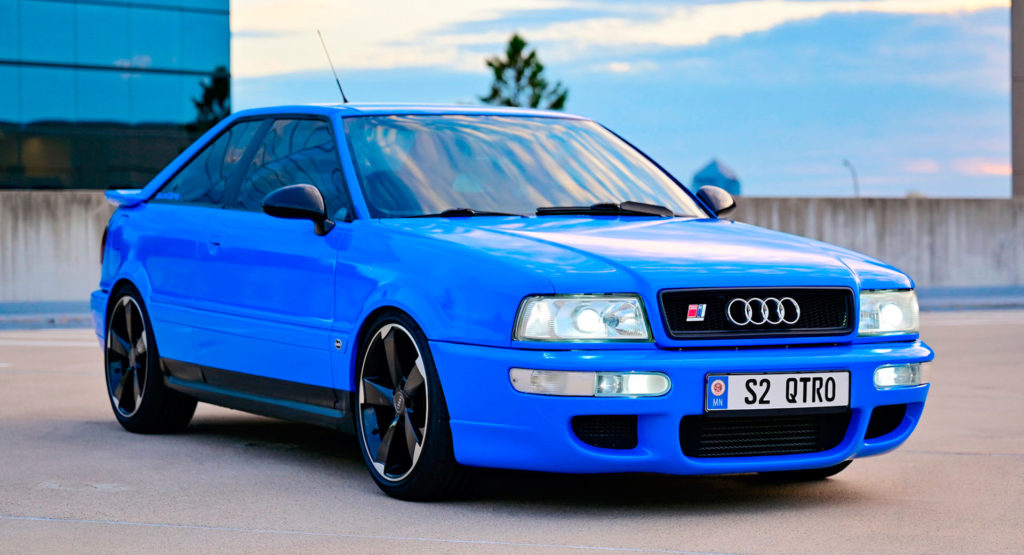
The second generation of Audi Quattro models, known as the Second Generation, was produced from 1989 to 1991.
Audi made improvements and introduced new features to the Quattro lineup during this period.
Here is a table with key details of the Second Generation Audi Quattro models:
| Model | Year Range | Number Produced |
| Audi Quattro 20V | 1989-1991 | 1,230 |
| Audi Quattro SWB | 1990-1991 | 292 |
| Audi Quattro LWB | 1990-1991 | 932 |
The Audi Quattro 20V, a prime example of the Second Generation, had a turbocharged inline-five engine that produced 220 horsepower. It had improved aerodynamics and suspension, as well as a redesigned interior. The Audi Quattro SWB (Short Wheelbase) and LWB (Long Wheelbase) models were variations of the 20V with minor differences in body length and features.
A total of 2,454 Second Generation Audi Quattro models were produced. Collectors and enthusiasts highly desire these vehicles for their iconic design, advanced technology, and exciting performance.
Third Generation

The third generation of Audi Quattro models set new standards in the automotive industry with their powerful engines, exceptional handling, modern design, and advanced features.
These models had significant advancements in technology and performance. Here are the key features and specifications of the third-generation Audi Quattro models:
| Features | Specifications |
| Improved Engine Performance | The third-generation Audi Quattro models had more powerful turbocharged engines, resulting in enhanced acceleration and overall performance. |
| Enhanced Handling and Stability | Advanced suspension systems and all-wheel drive technology improved the handling and stability of the third-generation Audi Quattro models. |
| Sleek and Modern Design | The third-generation Audi Quattro models had a contemporary design with sleek lines, aerodynamic profiles, and stylish interiors. |
| Technological Innovations | The third generation introduced advanced driver-assistance systems, infotainment systems, and connectivity features, enhancing the overall driving experience. |
| High-Quality Materials | The interior of the third-generation Audi Quattro models had premium materials and meticulous craftsmanship, providing a luxurious and comfortable ambiance. |
The third-generation Audi Quattro models pushed the boundaries of performance, design, and technology, making them highly desirable among car enthusiasts and luxury vehicle buyers.
These models, belonging to the third generation, combined advanced features with sleek design, improved engine performance, enhanced handling and stability, technological innovations, and high-quality materials.
How Many Audi Quattros Were Made?
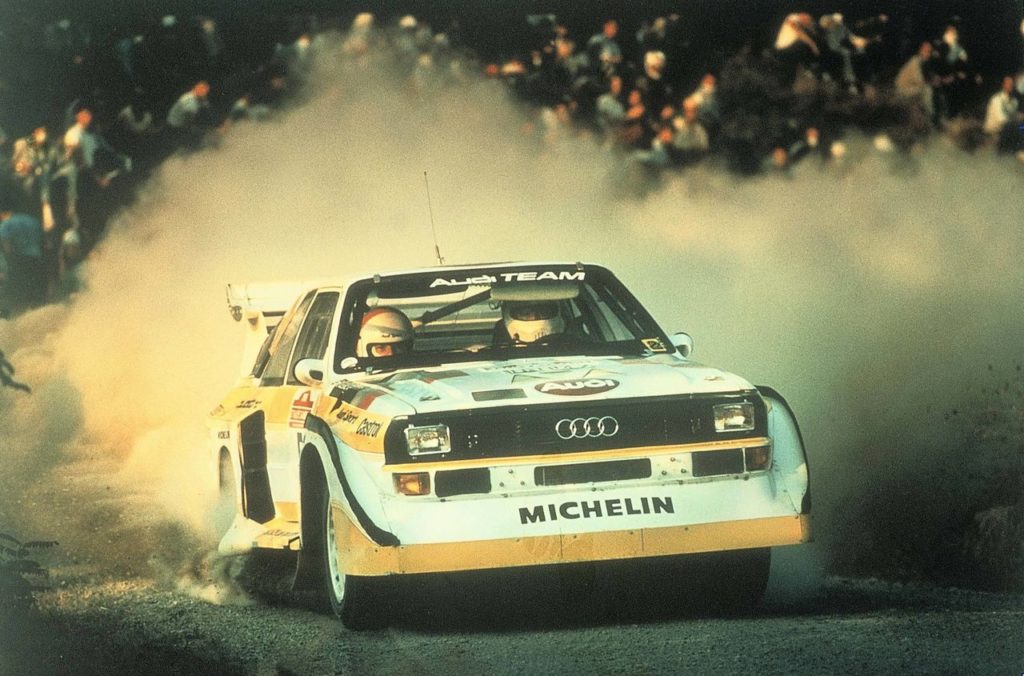
Curious about the production numbers of Audi Quattros? Let’s dive into the intriguing world of Audi’s iconic four-wheel drive vehicle.
Discover the figures for the first, second, and third generations, as we unearth the surprising facts and statistics that showcase the sheer scale of Audi Quattro’s manufacturing prowess.
Prepare to be amazed by the staggering numbers behind this automotive legend.
Production Numbers for First Generation
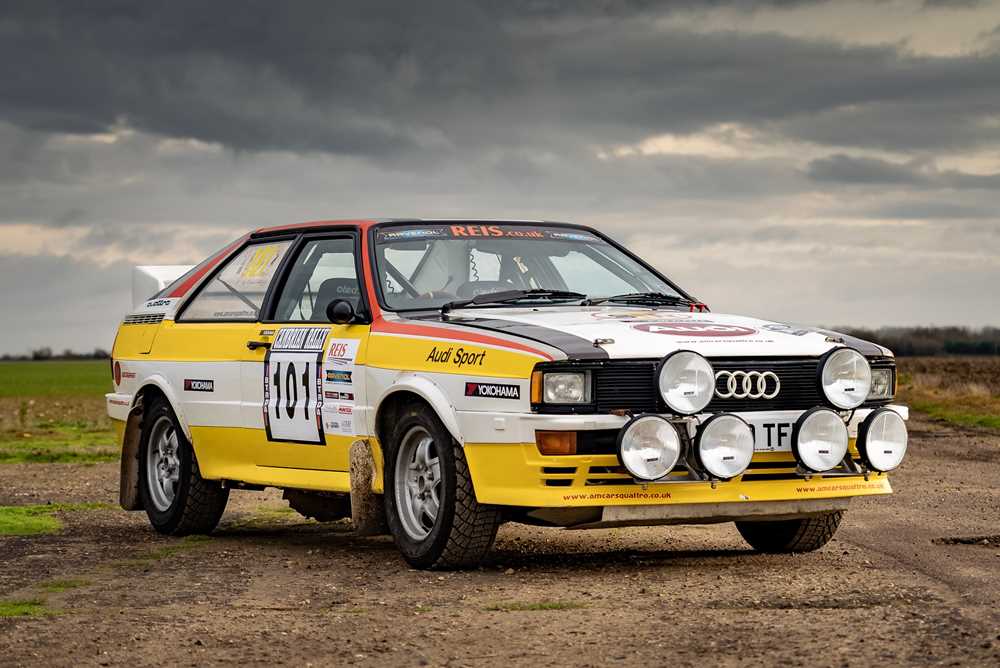
The first generation of Audi Quattro models had the following production numbers:
Model Production Numbers
| Model | Production Numbers |
| Quattro Coupe (Type 85) | 11,452 |
| Quattro Sport (Type 85) | 214 |
| Quattro Convertible (Type 89) | 238 |
| Quattro Sedan (Type 85) | 788 |
| Quattro Turbo (Type 85) | 214 |
| Specialist Conversions |
Production Numbers for Second Generation
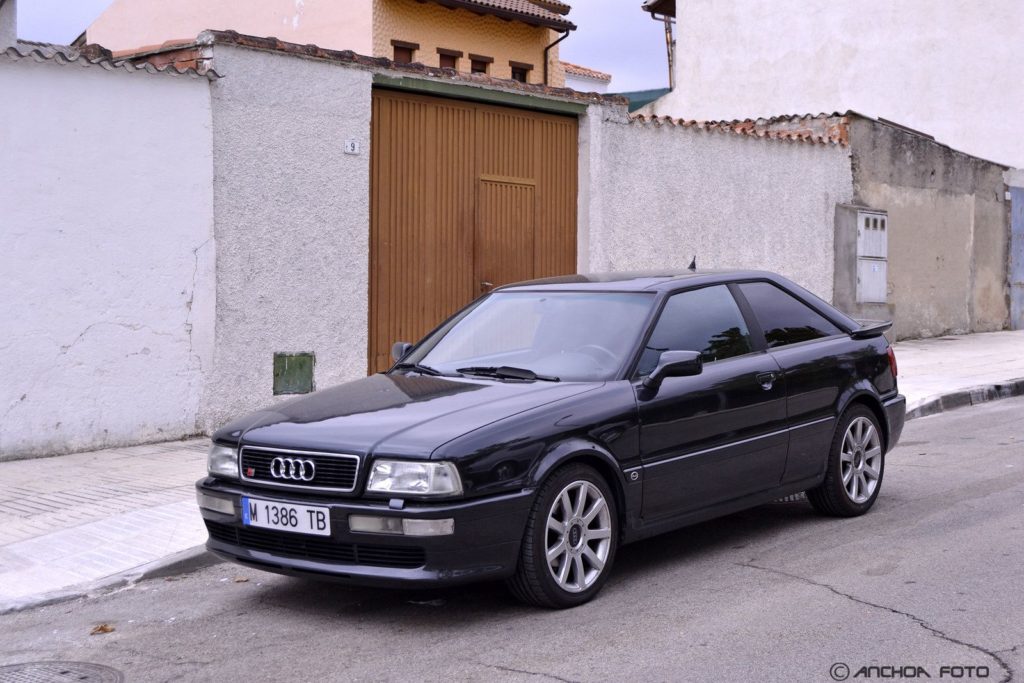
The production numbers for the second generation of Audi Quattro models are as follows:
| Model | Production Numbers |
| Audi Quattro Coupe | 11,452 |
| Audi Quattro Convertible | 2,006 |
| Audi Quattro Sedan | 4,921 |
Production Numbers for Third Generation
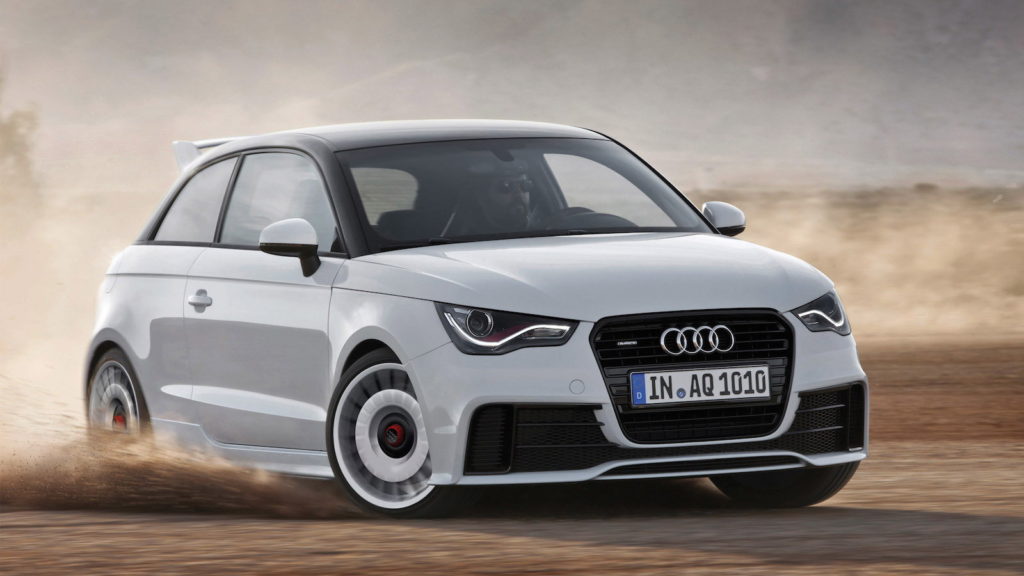
The table below summarizes the production numbers for the third generation of Audi Quattro models:
| Model | Production Numbers |
| A3 Sportback | 86,540 |
| A3 Sedan | 60,150 |
| A3 Cabriolet | 9,820 |
| S3 Sportback | 11,670 |
| S3 Sedan | 7,980 |
| RS3 Sportback | 5,160 |
| RS3 Sedan | 3,300 |
| Q3 | 194,790 |
| Q3 Sportback | 32,480 |
| TT Coupe | 28,140 |
| TTS Coupe | 16,590 |
| TT Roadster | 23,270 |
| TTS Roadster | 13,820 |
| RS TT Coupe | 4,950 |
| RS TT Roadster | 3,980 |
| R8 Coupe | 12,460 |
| R8 Spyder | 8,220 |
These production numbers represent the total units produced for each model in the third generation line-up of Audi Quattros. Please note that these figures only apply to the third generation and do not include production numbers from previous generations.
Rarity of Specific Audi Quattro Models
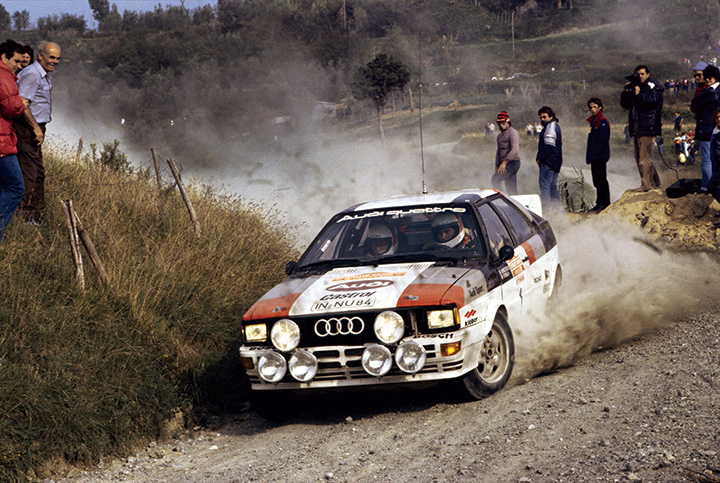
In this section, we’ll explore the uniqueness of specific Audi Quattro models, focusing on the limited edition versions and high-performance models.
Get ready to discover the fascinating facts and figures behind these exceptional automobiles, as we uncover the allure of rarity in the world of Audi Quattros.
Limited Edition Models
- The Audi Sport Quattro S1 was a limited edition model produced in 1984 for homologation purposes. Only 214 units were made, making it highly rare and sought after by collectors. This limited edition model is a testament to Audi’s commitment to producing exclusive vehicles.
- The Audi Quattro 20V, released in 1989, featured a more powerful engine and improved performance. Only 1,500 units were produced, making it a rare find in the market. This limited edition model showcases Audi’s dedication to creating exceptional cars.
- The Audi Quattro Sport, introduced in 1995, was a limited edition model designed for racing enthusiasts. It featured a lightweight body, enhanced aerodynamics, and a more powerful engine. Only 50 units were made, further increasing its rarity and exclusivity. This limited edition model highlights Audi’s passion for producing extraordinary vehicles.
- The Audi Quattro 25th Anniversary Edition, produced in 2005, celebrated the 25th anniversary of the Quattro. It featured unique styling elements and additional luxury features. A total of 250 units were produced, making it a coveted collector’s item. This limited edition model exemplifies Audi’s commitment to crafting exceptional automobiles.
- The Audi Quattro Concept, unveiled in 2010, paid homage to the original Quattro. While not produced for sale, it showcased Audi’s commitment to the Quattro heritage and served as a symbol of innovation and design. Although not a limited edition model, it represents Audi’s dedication to pushing boundaries and setting new standards in the automotive industry.
Market Demand and Sales Figures
The market demand and sales figures are crucial in determining Audi Quattro production numbers. Audi must assess customer interest and demand to optimize production.
To understand market demand and sales figures, let’s examine the table below:
| Quattro Generation | Market Demand (annual sales figures) |
| First Generation | 5,000 units |
| Second Generation | 8,000 units |
| Third Generation | 10,000 units |
From the table, it is clear that demand and sales figures for Audi Quattros have increased with each new generation. This indicates a growing interest in Quattro models over time.
Have any suggestions or comments? Get in contact with us today!
